20. Feels Like– Bully
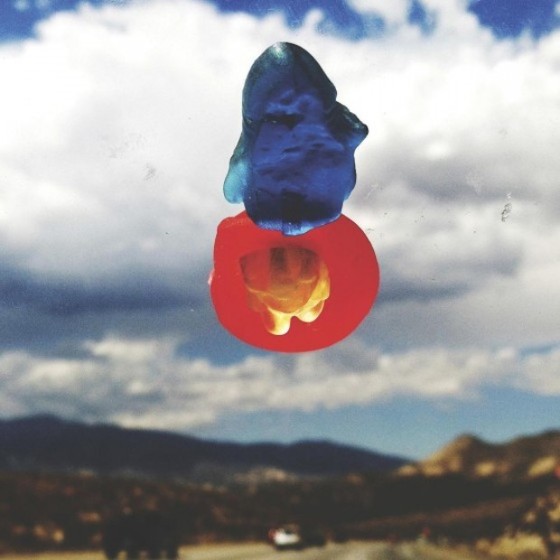
Bully are setting out to reclaim what would otherwise be the property of middle-school tormentors and other meanies. In fact, there is nothing to fear about the the guitar-driven rock of the Nashville five-piece, who make music that is both catchy and energetic. Their debut album Feels Like doesn’t feel anything like a band just starting out, with a distinct grungy sound. The songs have a deliberate 90s vibe that doesn’t feel heavy handed, and each song perfectly walks the fine line between punk and melody. Singer/guitarist Alicia Bognanno is largely to thank for the shape of their sound, as she brings both her unique voice, which somehow manages to dance between growl and light sneer, and her ferocious solos to the album. Each song is brimming with fuzz, and the album never loses an ounce of its momentum. Let’s hope the band has the same kind of stamina – if Feels Like is only the beginning of the band’s career, then that is as intimidating as any bully I’ve encountered.
-Mary Kate McGrath
19. After– Lady Lamb
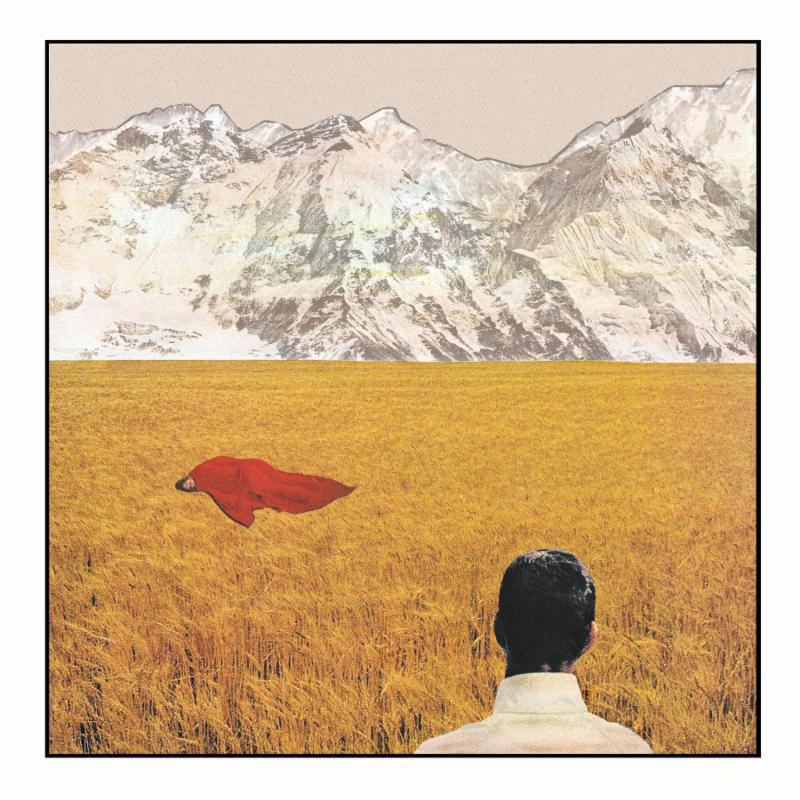
I didn’t notice Lady Lamb’s After was about heartbreak until I listened to it on a bad day. Both ways, first and second listen, it just sounded to me like good, windy songwriting that I could get into.
Aly Spaltro is a mastermind whose warm voice leads listeners through light and dark, repetitious and flowing, in-love and out-of sounds in this all-purpose album. Stepping away from the stretched experimentalism of her debut Ripely Pine, Spaltro turns to the guitar and slightly more natural song structures here, making the hour-long listen accessible from start to finish.
Even if After is eulogizing in topic, the warm ride of highs and lows is anything but hopeless. What Lady Lamb crafts here is a 11-song hug that understands the happy-sad reality of living and never lets go. Screw the notion of her second full-length as a “2015 success.” I’m looking forward to many years of taking this album with me down any road my “love life” treads.
-Becca DeGregorio
18. Multi-Love- Unknown Mortal Orchestra
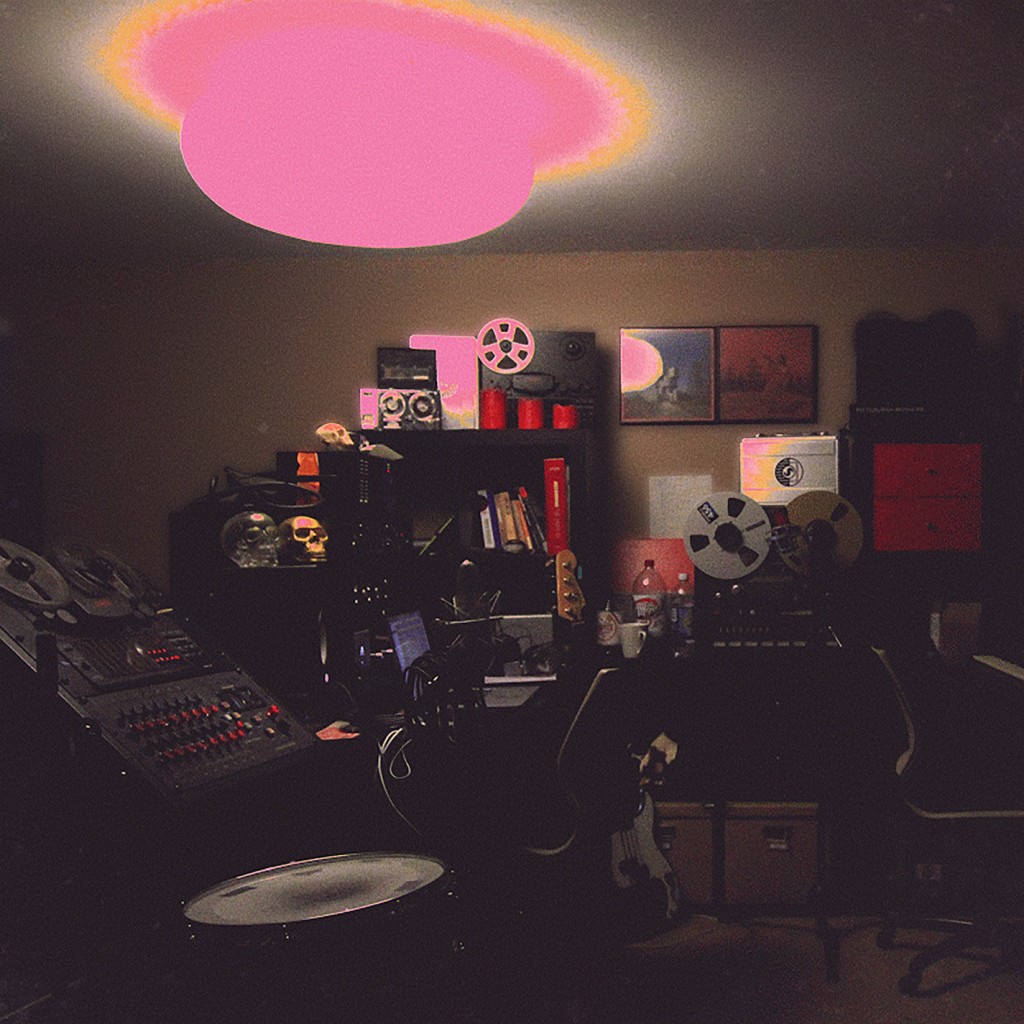
While I accept that some songwriters inevitably create stale music if they’re not getting dumped, cheated on, or forgotten about by exes, it truly says something to the formula when a polygamous relationship was all Ruban Nielson needed to write the strongest album of his career.
Nielson, the brainchild behind Unknown Mortal Orchestra, has cultivated an impressive take on modern psychedelia over the band’s previous two LPs, but UMO’s ultimate hindrance has always been how neatly they fit inside the shadow of scene siblings Tame Impala. Forever the psych rock equivalent of Panic! At The Disco to Impala’s Fall Out Boy, it felt like fate that both bands would release disco-friendly third LPs within months of each other, but I’ll take the potentially unpopular opinion in saying UMO finally bested Kevin Parker at his game.
While Parker spent Currents lamenting exes, Multi-Love finds Nielson’s prime on the dance floor in the wake of a life-affirming relationship between his wife and a lover met during travels. Moments like the shimmering title track and infinitely catchy “Can’t Keep Checking My Phone” remind that their relationship was layered beyond hedonistic pleasures before its abrupt end due to citizenship. “She’s not a hologram; goddamn, you can’t ignore it,” Nielson coos on the Prince-indebted “Ur Love One Night” in reference to the relationship’s new third member, but the sentiment could also be regarding UMO’s potential as a hit making festival staple. If any case, the LP’s effortlessly dance-ready first half and lounge-funky second half affirm that “multi-love” could possibly be the best thing to happen to a songwriter.
-Tim Gagnon
17. Sore– Dilly Dally
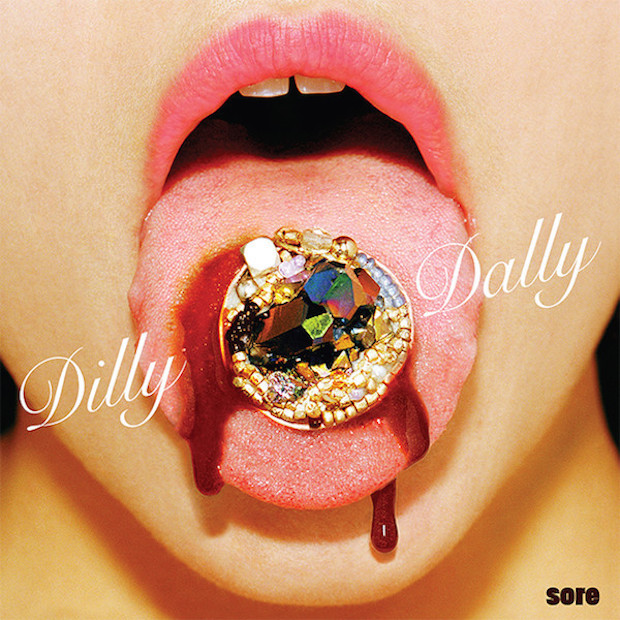
Hearing Dilly Dally’s Sore for the first time, it was—of course—Katie Monks’ voice that got me. In just her early 20s, she sings with Kat Bjelland’s gusto and Frank Black’s flirty cynicism; a rough beauty gained not just from band practice, but fucked up romanticisms and run-ins with the cops. With the tick-tick-boom of its opening “Desire,” Monks lands listeners in the combat zone of millennial womanhood and the unmet expectations of age. Though she may find control growling the lust-injected lyrics of tracks like “Snake Head” and “The Touch,” other songs sing the realities of human impulse in a much more fragile state. “Green” touches longing with sentimental roughness as Monks swaps her usual dark humor for straightforward vulnerability. “I need food and I need light, and darling I need you/Just because my heart is clean doesn’t mean it’s new,” she sings while her bandmates extract from an 90s rumble, a ceaseless mix of in-your-face riffage, runaway kick drums and soaring crescendos. From its opening explosion to slow-burning finale, Sore’s most striking ability comes in shouldering the burdens of Monks’ place in the world—and maybe ours, too.
-Mairead Kelly
16. Black Messiah– D’Angelo and the Vanguard
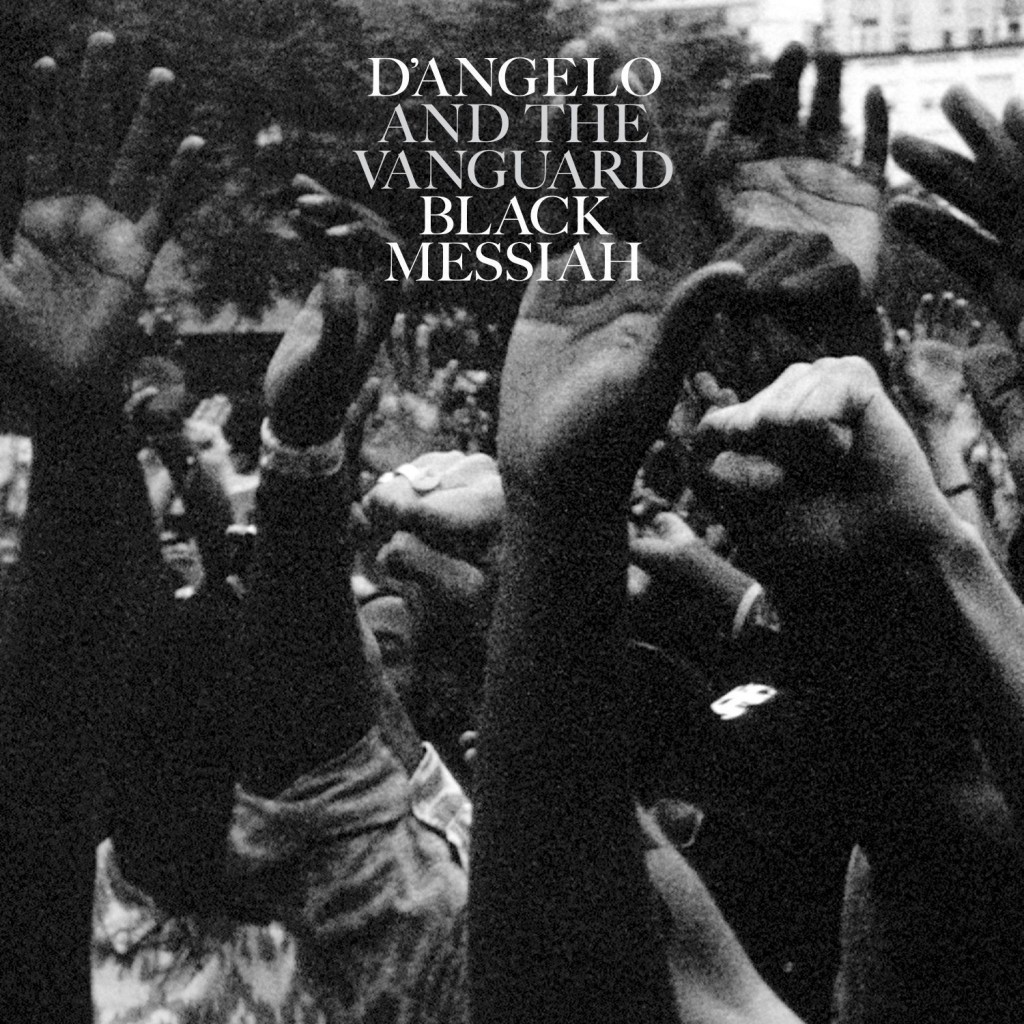
Sure, we know this album technically came out in 2014, but the 16 days we had with it last year were certainly not enough time to grasp the greatness of this complex and wildly diverse release. With his first full length in 14 years, D’Angelo focuses primarily on racial tension and violence – a thread woven throughout many of 2015’s best records.
The album’s stark, confrontational lyrics take on even greater significance when you consider it was recorded over the better part of a decade. This fact forces the listener to question how issues like racial inequality can be just as problematic today as they were ten years ago. While not all of Black Messiah is an easy listen, every track is a vital addition to a public debate that seems to become more divisive every day.
-Mark Zurlo
